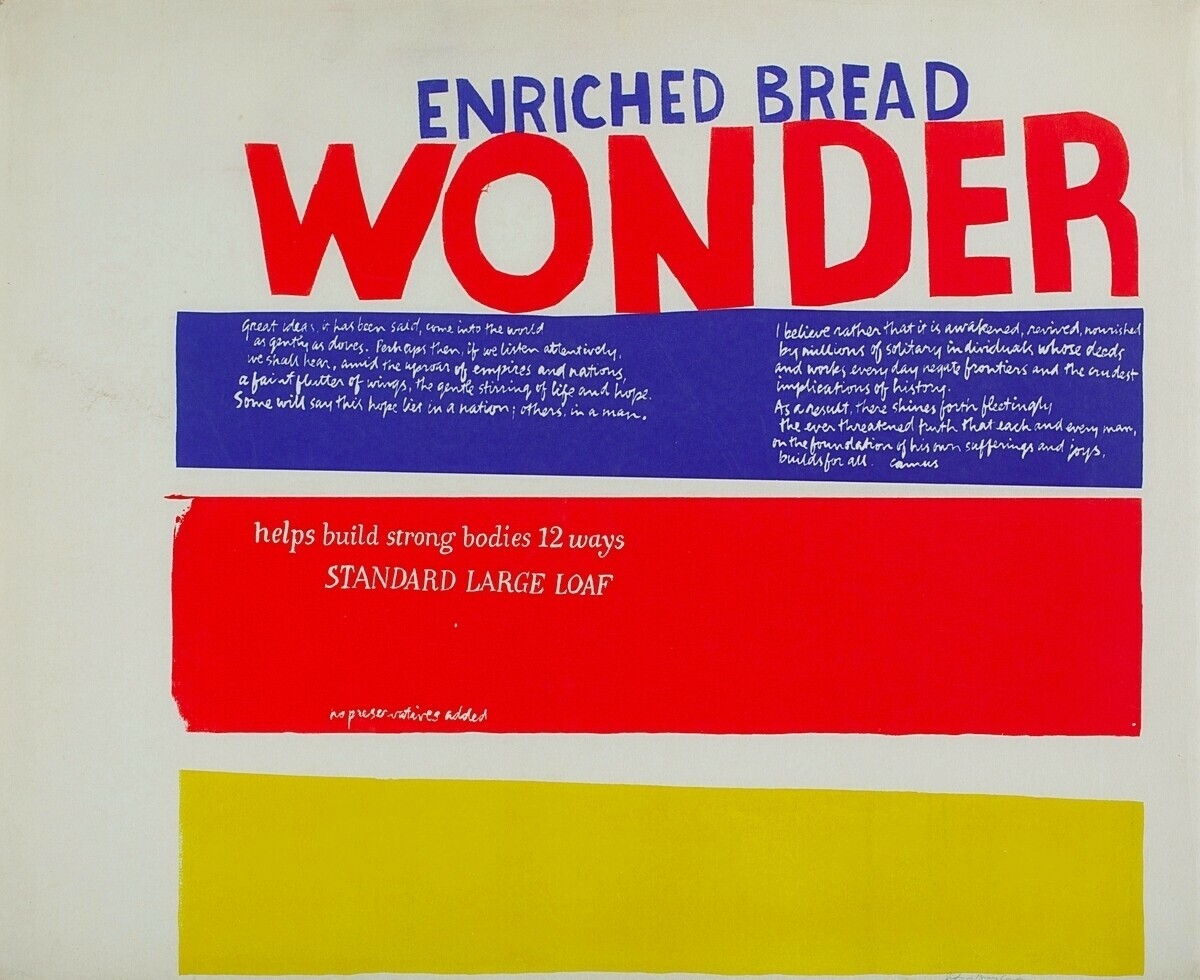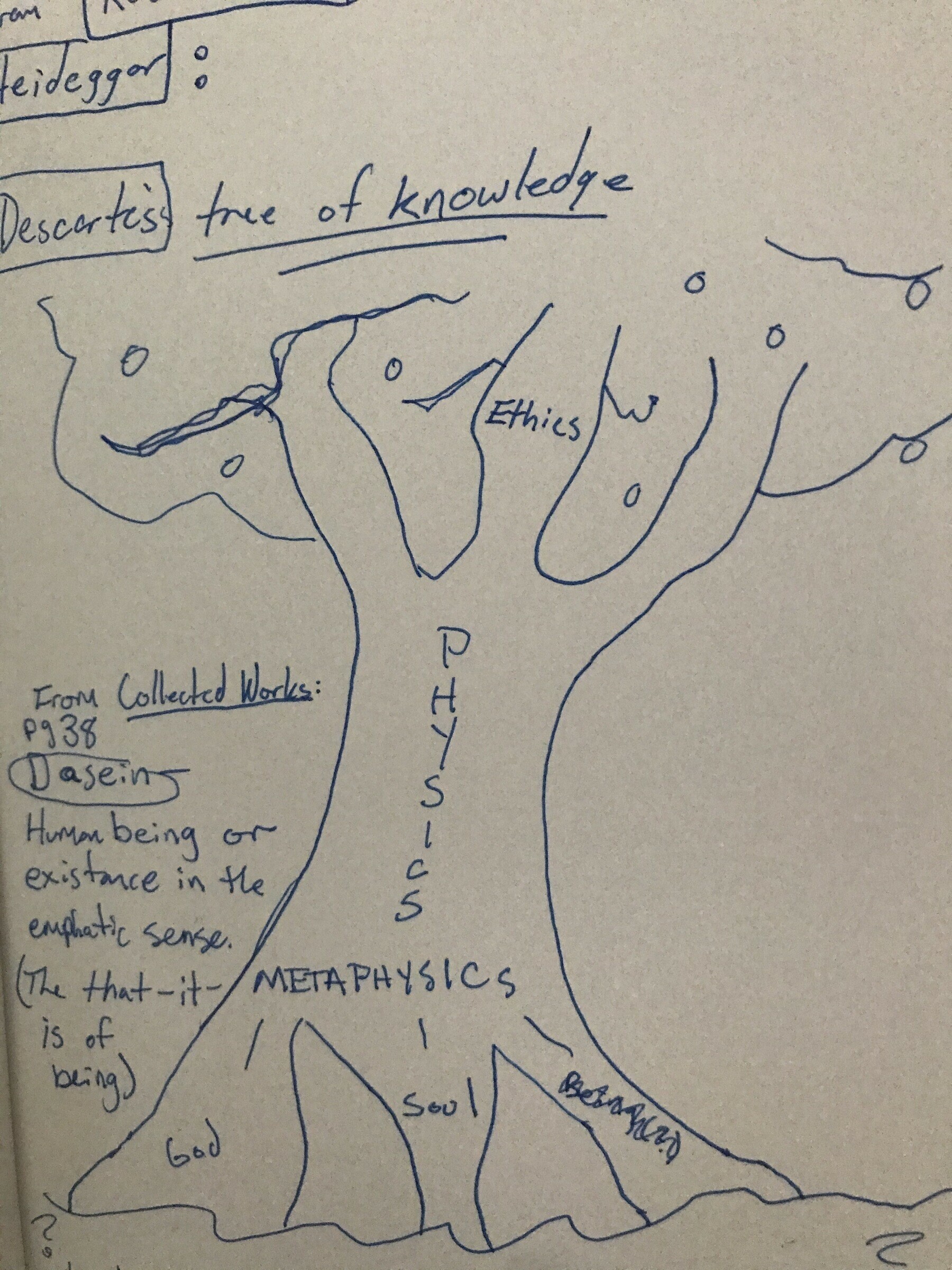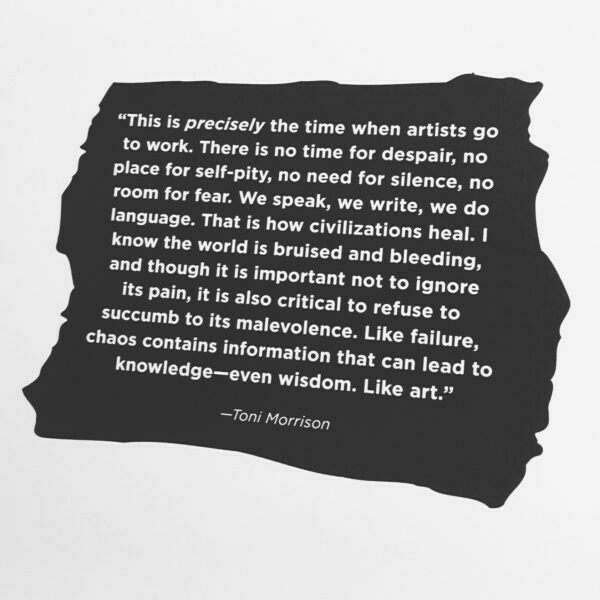Wonder and Bread
Lately, I've been obsessed with the Lone Bellow's latest album, "Half Moon Light." Alongside Bob Dylan's latest and "Easy Rider: The best of the Mercury recordings" by Johnny Cash, New York's finest country-folk band has my heart and ears. A favorite track titled "Wonder" asks,
"Should I let go of the wonder? Let go of the wonder? I'll find it out beyond the trees."
The question is a good one because it seems to be asking two things at the same time.
- What can I keep from the childlike (not childish) awe from before now, when all I got from growing up was getting old?
- How am I holding on to an imagined person, place, or thing that isn't leading me to hope and love? Is it best for me to let that go? If so, where will I find the strength to do so? What do I hold on to instead?
Thinking about wonder and seeing that Austin Kleon was recently asked by the Corita Art Center to speak about Sister Corita Kent in a conversation about her influence on his own work, reminded me of her great collage using Wonder Bread branding (image above). In that collage Sister Kent incorporates a hearty quote from Camus. The tiny script in her collage reads:
Great ideas, it has been said, come into the world as gently as doves. Perhaps then, if we listen attentively, we shall hear, amid the uproar of empires and nations, a faint flutter of wings, the gentle stirring of life and hope. Some will say this hope lies in a nation; others in a man. I believe rather that it is awakened, received, nourished by millions of solitary individuals whose deeds and works everyday negate frontiers and the crudest implications of history. As a result, there shines forth fleetingly the ever threatened truth that each and every man, on the foundation of his own sufferings and joys, builds for all.
—Camus


